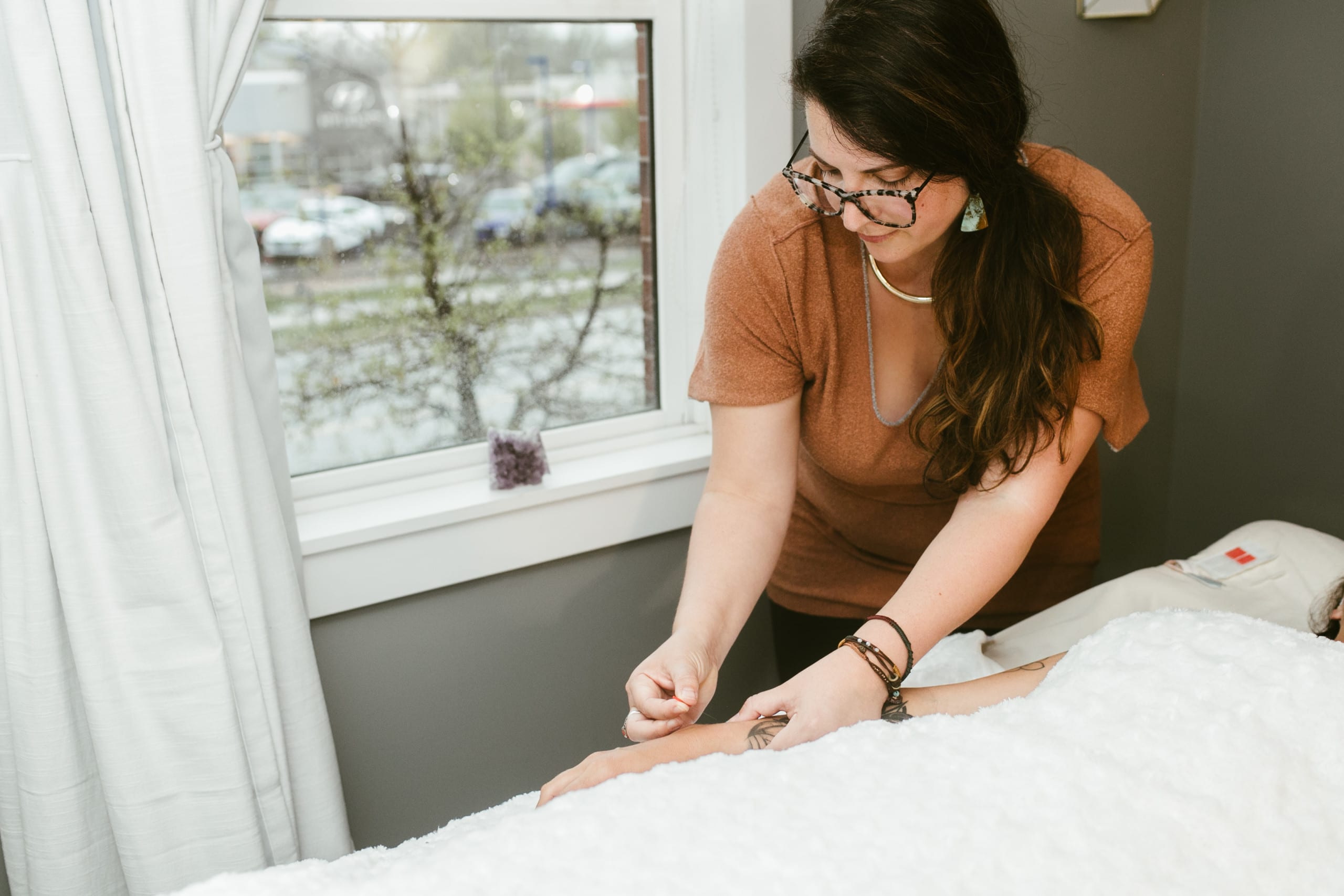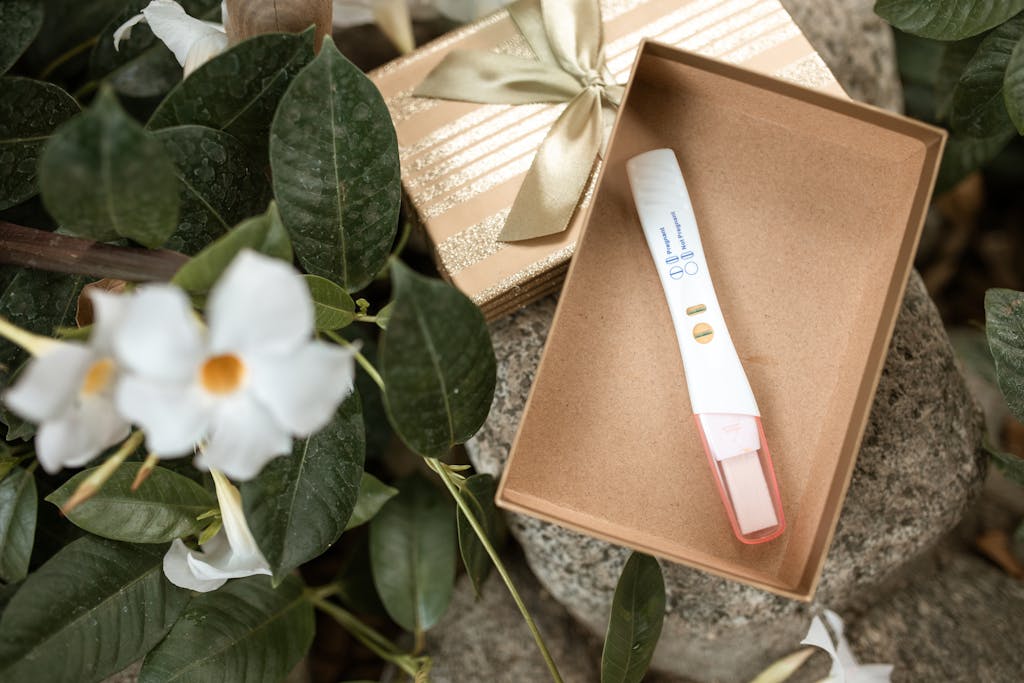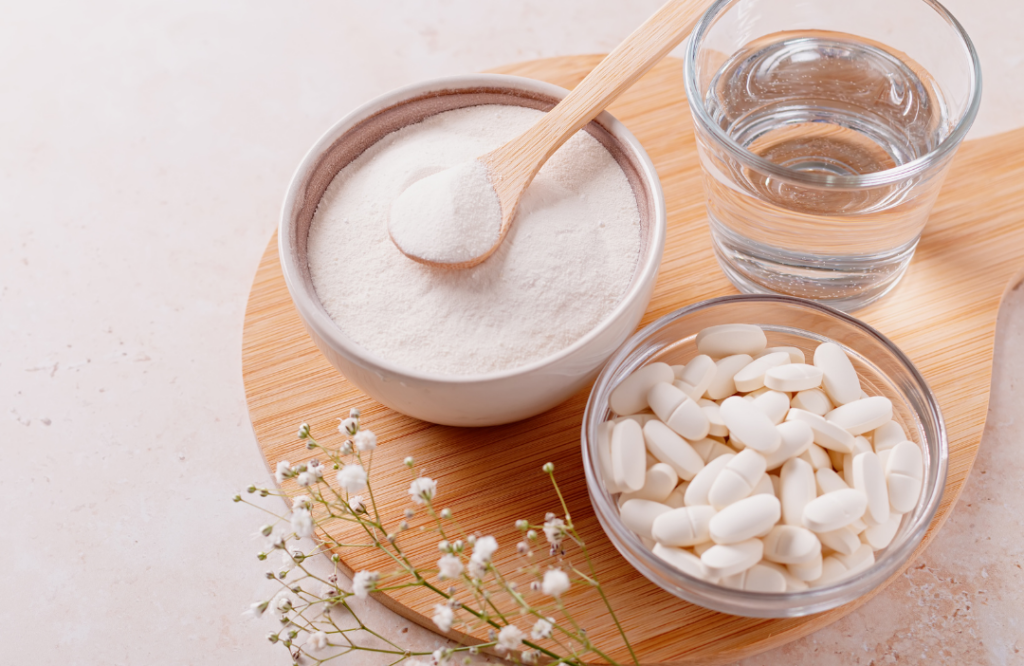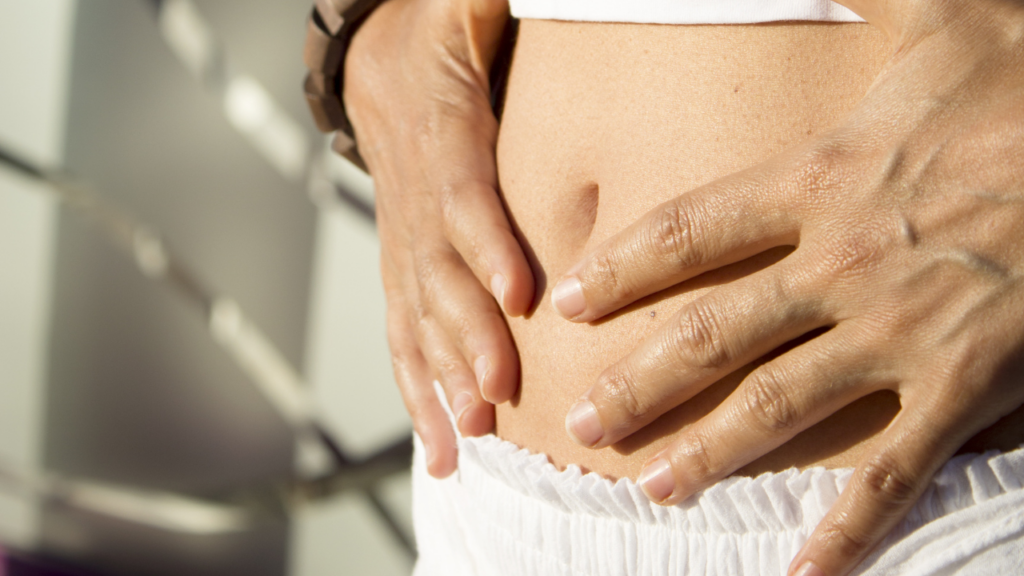Treating PCOS with Acupuncture & TCM
Published on August 10, 2021 by Rachel Muich
There have been arguments and great puzzlement over what constitutes a PCOS (Polycystic Ovarian Syndrome) diagnosis throughout the last couple of decades. The good news is that all variety of hormone imbalances respond very well to acupuncture and traditional Chinese medicine (TCM). This often includes Chinese herbal formulas that help bring hormones back into balance.
Common Symptoms of PCOS include:
- weight gain
- infertility
- loss of menstrual cycles and anovulatory cycles
- acne
- hirsutism (hair growth on the face/back/chest)
- head hair loss

PCOS used to be diagnosed when bloodwork showed high androgen levels and an ultrasound of the ovaries showed many cysts. But in the past few years, the diagnosis has been used for a huge range of symptoms even in the absence of cystic ovaries or high androgen levels. Simply, PCOS can be described as a hormone disorder.
PCOS has become a “catch all” diagnosis for doctors who just don’t understand why women aren’t ovulating, menstruating, or are dealing with irregularities within their cycle. The criteria for diagnosis has also changed several times throughout the last 2 decades. Is it necessary to have polycystic ovaries? Do you need to have hyperandrogenism? Do you actually have to have anovulation? The truth is, this syndrome is different for everyone and women’s health still seems like a primitive practice in the western scope.
What does Traditional Chinese Medicine have to say about it?
We look at patterns in the body, meaning, we don’t just look at your uterus, we look at each and every system to get a clear picture of the way your body works. Oftentimes, there are several things going on at once that are creating the perfect storm of disharmony. For example, you may notice that you are constantly fatigued with no energy, you’re feeling hot when you’re sleeping, your cycle has gotten longer and longer each month, and you’re bloated and gassy after meals.
While all of these are seemingly unrelated to your menstrual cycle, they are often the types of symptoms we use to give you a clear and working diagnosis so that we can assist you in the best way possible.
Causes of PCOS
Why did this happen in the first place? We wish we could help you there, but the truth is, it’s different for everyone, only adding to the frustration of what’s going on in your body. Some studies suggest it’s your upbringing, your environment, and what you were fed in infancy and childhood, or the use of hormonal birth control pills. Others assert that it’s genetic or inherited. The problem is, there is no definitive research to back this up – this is all conjecture.
How Acupuncture and Chinese Herbs can help
Acupuncture can help address the potential root causes of PCOS such as a stressed hypo-pituitary-adrenal axis due to trauma or emotional stress, malabsorption of essential nutrients for hormone production due to digestive imbalances, toxicity from the environment, or poor circulation to the reproductive organs. You can learn more about how acupuncture works here.
Chinese herbal therapies help support the detoxification of high levels of androgens and estrogens, reduction in cortisol levels (stress hormones), and improvement in progesterone levels. We can prescribe formulas to help you sleep deeper, digest better, and to improve circulation to your ovaries and uterus.
 Your acupuncture appointments will include education on how to eat in a way that supports healthy hormone levels and lifestyle adjustments you can make to heal.
Your acupuncture appointments will include education on how to eat in a way that supports healthy hormone levels and lifestyle adjustments you can make to heal.
Acupuncture treatments and herbal medicine therapy are cumulative. It takes a long time to develop menstrual irregularities and it will take a while to correct….but it can be corrected. Eastern medicine offers a patient-centered approach meaning, YOU HAVE TO DO THE WORK. I like to think of acupuncturists as the bumpers on a bowling lane. We can guide you back on track when you start to go off the rails, but you’re in charge of your potential to heal and you’re guiding your recovery. We’re giving you some tools.
Rachel’s Story with PCOS
I had the quintessential midwestern upbringing with loving parents, two older siblings, and a strong family bond. We played sports, we took vacations, and we celebrated each other at every turn, which often included eating ice cream, a fridge in the basement filled with every type of soda you could imagine, pizza every Friday night, grandparents who spoiled us with cinnamon rolls every weekend and if that didn’t happen, we got donuts and watched early morning cartoons. Are you seeing a theme here? Food is a midwestern love language. And we are all fluent.
After spending the better part of my 20s in and out of doctor’s offices, I was finally diagnosed with PCOS – Polycystic Ovarian Syndrome. What on earth was that?
- Here’s what I knew: I started my period at a very young age, 10 years old. My periods were never regular. I was put on the birth control pill at 15 years old. I stayed on the pill until I was 26 years old. My period did not return for 6 months, and when it did, it came back with a vengeance. And then my period cycles started to get longer……and longer……and longer…..until they just stopped coming entirely.
- Here’s what I was being told by doctors: Your only hope is synthetic hormones. You’re not ovulating at all which means you’re not fertile and if you don’t take hormones, you’ll become sterile. Your risk of getting ovarian cancer just increased by 40% due to this diagnosis. Your diet has no bearing whatsoever on your reproductive health.
- Here’s what I think about it (after a decade of self-guided research and connecting with my own body): Your diet absolutely plays a role in your reproductive health. Furthermore, your diet as a child plays a role in reproductive health. Now more than ever, we are being fed high fructose corn syrup, GMO foods, processed foods, and fast foods loaded with salt and preservatives. Our body learns how to process things at a young age and certain genetic triggers get turned on and off when you feed it an unnatural diet. All of those sweet treats, access to soda, eating vegetables from cans, and not focusing on an organic base diet contribute to the type of reproductive frustrations we, as women, share across the globe. In fact, more and more studies are coming out that speak to egg quality specifically and how to eat according to where you are in your cycle, especially during ovulation to increase chances of fertilization (if you are trying to get pregnant).
Why Eastern medicine really shines with reproductive health: All of this begins with education. Had I not spent so much time trying to figure out what was really going on, I might still be on the pill. I might be living my life in fear thinking that I’m going to get ovarian cancer. I might have just accepted that “doctor knows best,” when, in actuality, I know more about my own body than a complete stranger, despite their years of study and subsequent degrees. And that is the real gift of eastern healing – a deeper knowing of yourself and the confidence to sit in the driver’s seat of your own wellness.
The contents of this site, including text, graphics, images, and other material are for informational purposes only. Nothing contained in this site is or should be considered or used as a substitute for professional medical or mental health advice, diagnosis, or treatment. Please schedule an appointment for personalized health advice.






